INDONESIA-KOREA-300x138.png" alt="" width="300" height="138" /> image: kbriseoul.kr
Seoul, 17 Shawal 1438/7 July 2017 (MINA) – South Korean importers’ delegation have planed to come to Indonesia to buy various products.
This trade mission is led directly by the leader of the Korea Importers Association (KOIMA) Myoung-Jin Shin along with Indonesian Deputy Ambassador to South Korea Cecep Herawan.
Indonesian Ambassador to Seoul Umar Hadi has conducted intensive discussions with KOIMA’s chairman to increase trade between the two countries. One of them is the deal of sending importers in large numbers this time.
“I am confident that this visit will be able to pump bilateral trade that has been declining,” he said.
Also Read: MUI Warns Government of Risks Behind Proposed Stabilization Force Deployment to Gaza
There are more than 100 importers of South Korea have been prepared by the Embassy of Korea to travel to Indonesia on July 12 to 15, 2017. A series of their activities including business forums, one-on-one business matching and industrial visit. RMOL.co reported.
According to the Trade Attaché of the Indonesian Embassy in Seoul, Aksamil Khair, until now the number of delegates has reached 120 people, consisting of the CEOs and the official of KOIMA.
“The products of which they are interested in are quite diverse, including rubber products, CPO, textiles, timber, coconut products, chemical products, materials building, cosmetics, glass products, handicrafts, food products and so on. Aksamil said Tuesday.
Total trade between Indonesia-South Korea in 2016 recorded at USD$ 14.8 billion or decrease of 11 percent from the previous year. However, there is a surplus on Indonesian side of USD 1.6 billion. Meanwhile, in 2017 January-May period, total trade amounted to $ 7.3 billion or an increase of 22.6 percent.
Also Read: Prof. El-Awaisi: The Mandate to Liberate Al-Aqsa Began at Prophethood
South Korean imports from Indonesia are still dominated by raw materials and semi-finished goods such as coal, rubber, plywood, other mining products, and electronic components. But there are also other products such as garment, footwear, vegetable oil, and other non-oil and gas products that show an increase in the last two years. [P2/RS5]
Mi’raj Islamic News Agency (MINA)
Also Read: Mount Semeru Erupts, Trapping Dozens, Forcing Evacuations in East Java





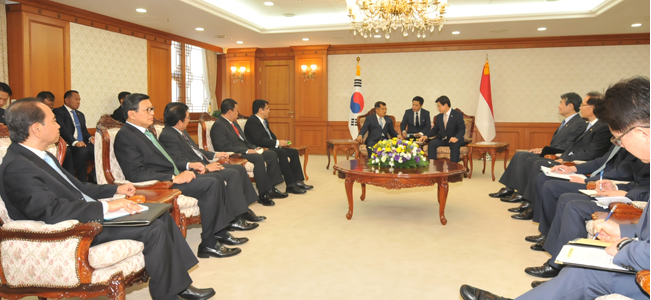



![Israeli tanks and APC’s gather by the Israeli – Lebanese border. Amid Israel’s escalating campaign against Hezbollah in Lebanon on September 30, 2024. [Erik Marmor/Getty Images]](https://en.minanews.net/wp-content/uploads/2024/10/IMG_20241001_203226-300x197.jpg)





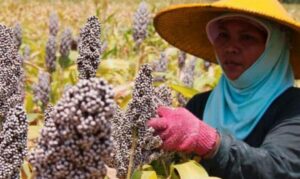
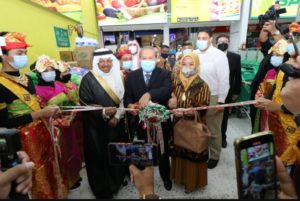
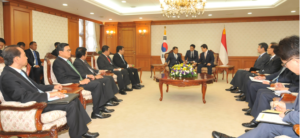
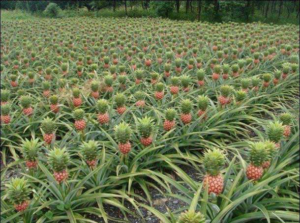
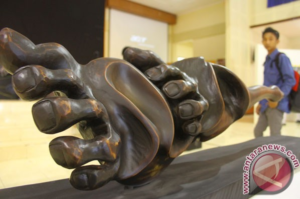





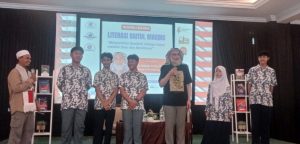
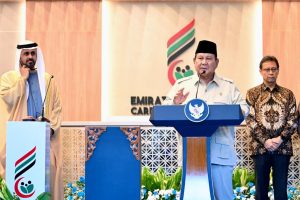





 Mina Indonesia
Mina Indonesia Mina Arabic
Mina Arabic